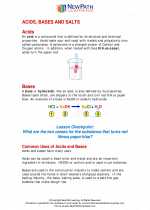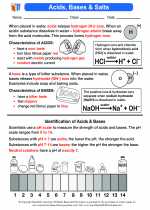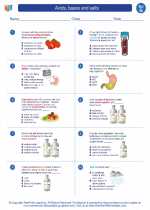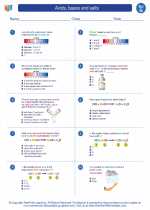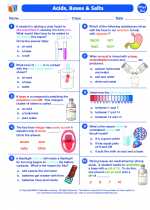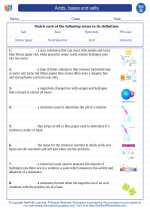Emergency Medicine
Emergency medicine is the medical specialty dedicated to the diagnosis and treatment of unforeseen illness or injury that requires immediate medical attention. It encompasses a wide range of medical conditions, from minor injuries and illnesses to life-threatening emergencies.
Key Concepts in Emergency Medicine
- Triaging Patients: Understanding how to prioritize patients based on the severity of their condition is crucial in emergency medicine. This includes assessing vital signs, symptoms, and the potential for deterioration.
- Basic Life Support (BLS) and Advanced Life Support (ALS): Knowledge of BLS and ALS techniques such as CPR, defibrillation, and airway management is essential for managing cardiac arrest and other life-threatening emergencies.
- Emergency Medical Procedures: Familiarity with procedures such as wound care, splinting, intubation, and administering medications in emergency situations is important for providing timely and effective care.
- Emergency Pharmacology: Understanding the use of emergency medications, their dosages, routes of administration, and potential side effects is vital for managing acute medical conditions.
- Diagnostic Tools: Knowledge of diagnostic tools such as X-rays, ultrasound, and point-of-care testing helps in rapid assessment and decision-making in the emergency setting.
- Disaster Medicine: Understanding how to respond to mass casualty incidents and natural disasters is a critical aspect of emergency medicine.
Study Guide for Emergency Medicine
Studying emergency medicine involves a combination of theoretical knowledge and practical skills. Here are some key areas to focus on:
Medical Knowledge
- Review anatomy and physiology, with a focus on major organ systems and their functions.
- Understand the pathophysiology of common medical emergencies such as heart attacks, strokes, and respiratory distress.
- Learn about the pharmacology of emergency medications, including their indications, contraindications, and potential adverse effects.
Procedural Skills
- Practice basic life support (BLS) techniques, including CPR and using automated external defibrillators (AEDs).
- Learn how to perform advanced airway management techniques such as intubation and use of supraglottic airways.
- Understand the principles of wound care, including wound assessment, cleaning, and appropriate dressing techniques.
Emergency Department Protocols
- Familiarize yourself with the protocols for triaging patients based on the severity of their condition.
- Understand the workflow in an emergency department, including the roles of different healthcare professionals and the process for ordering diagnostic tests and consultations.
Simulation and Case Studies
- Participate in simulated emergency scenarios to practice decision-making under pressure and hone your clinical skills.
- Review case studies of real-life emergency medicine cases to understand the challenges and best practices in managing various emergencies.
By mastering these key areas and continuously staying updated on best practices in emergency medicine, you can become well-prepared to provide timely and effective care in emergency situations.
.